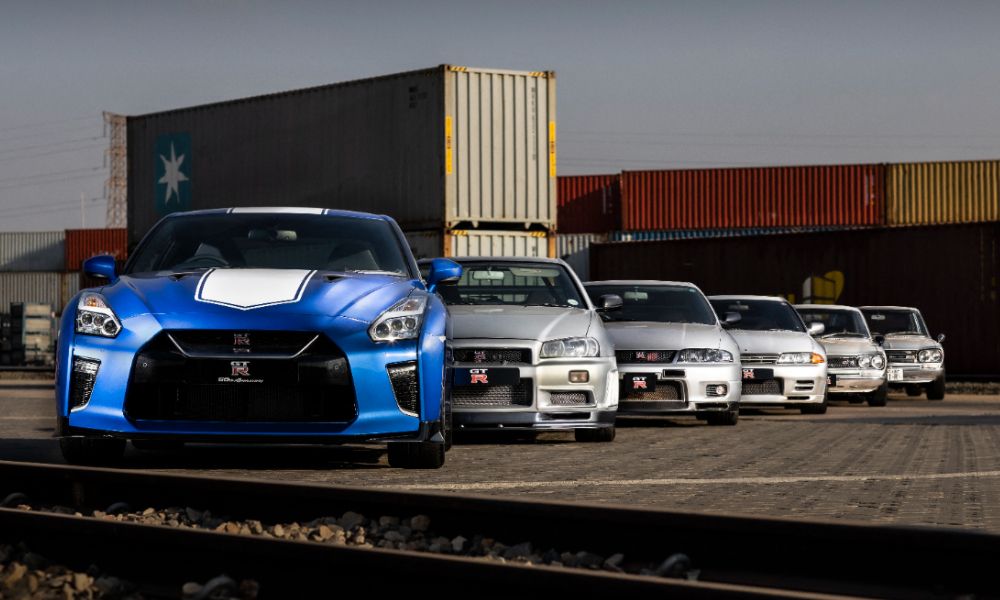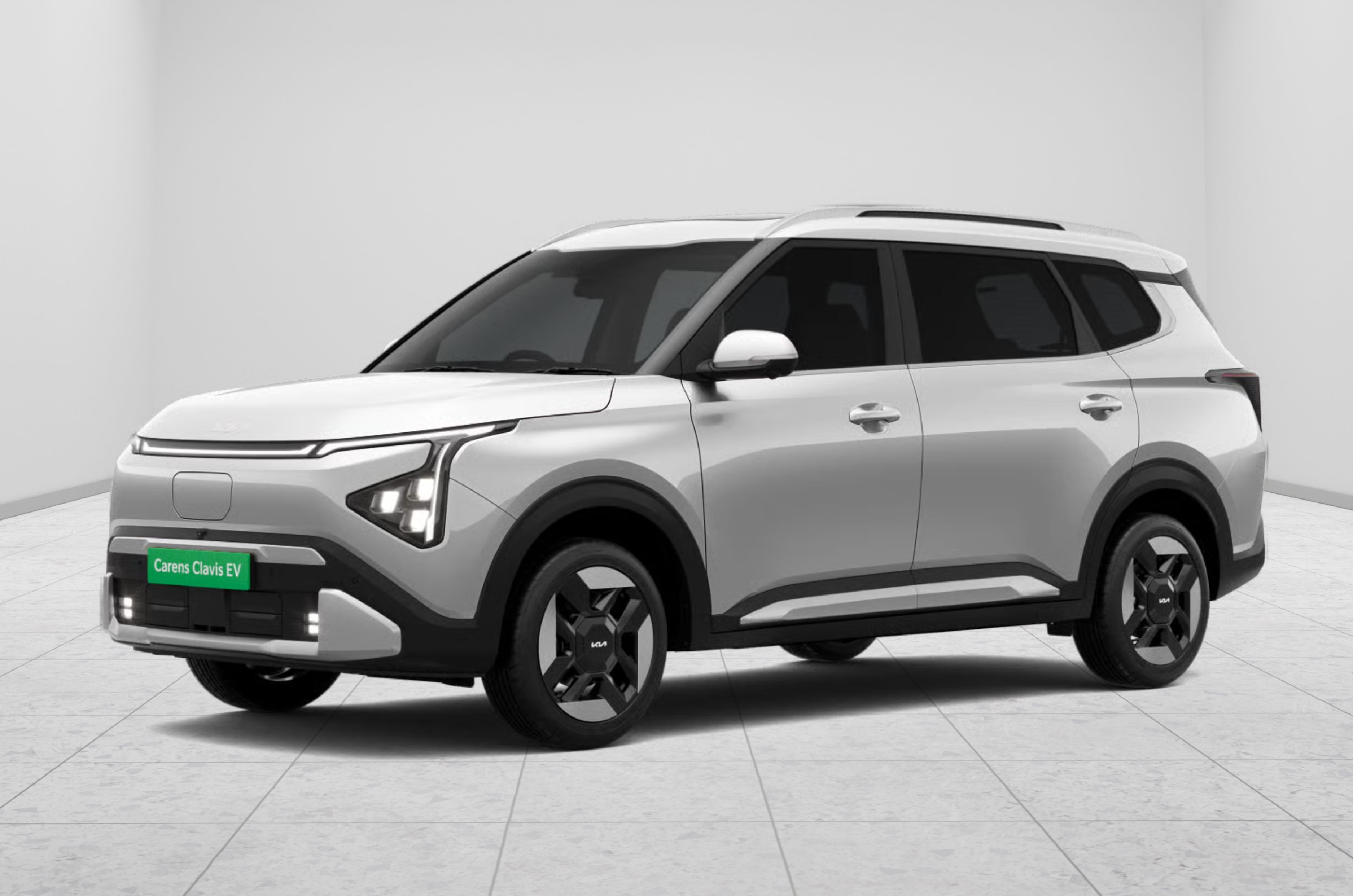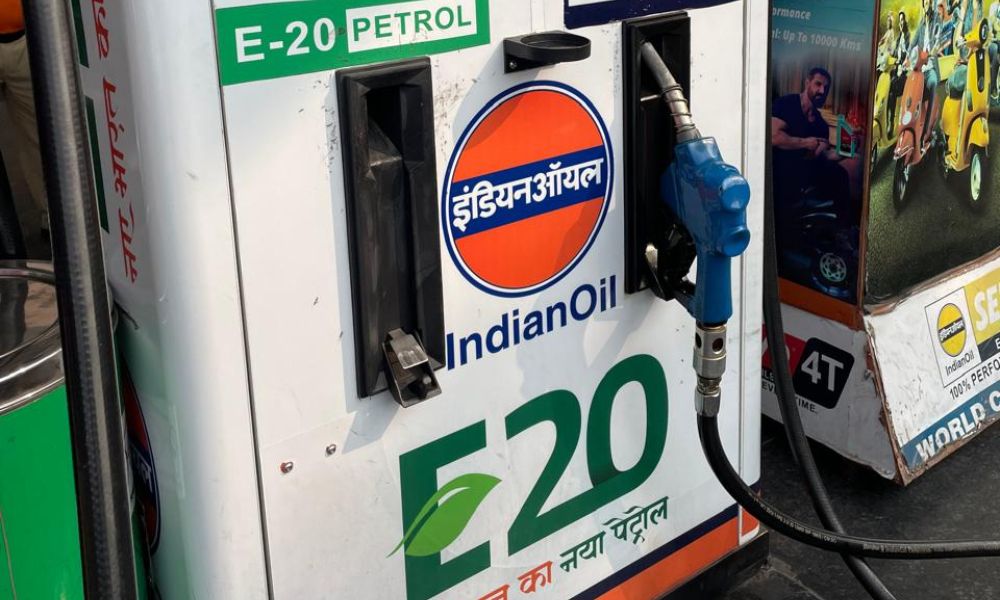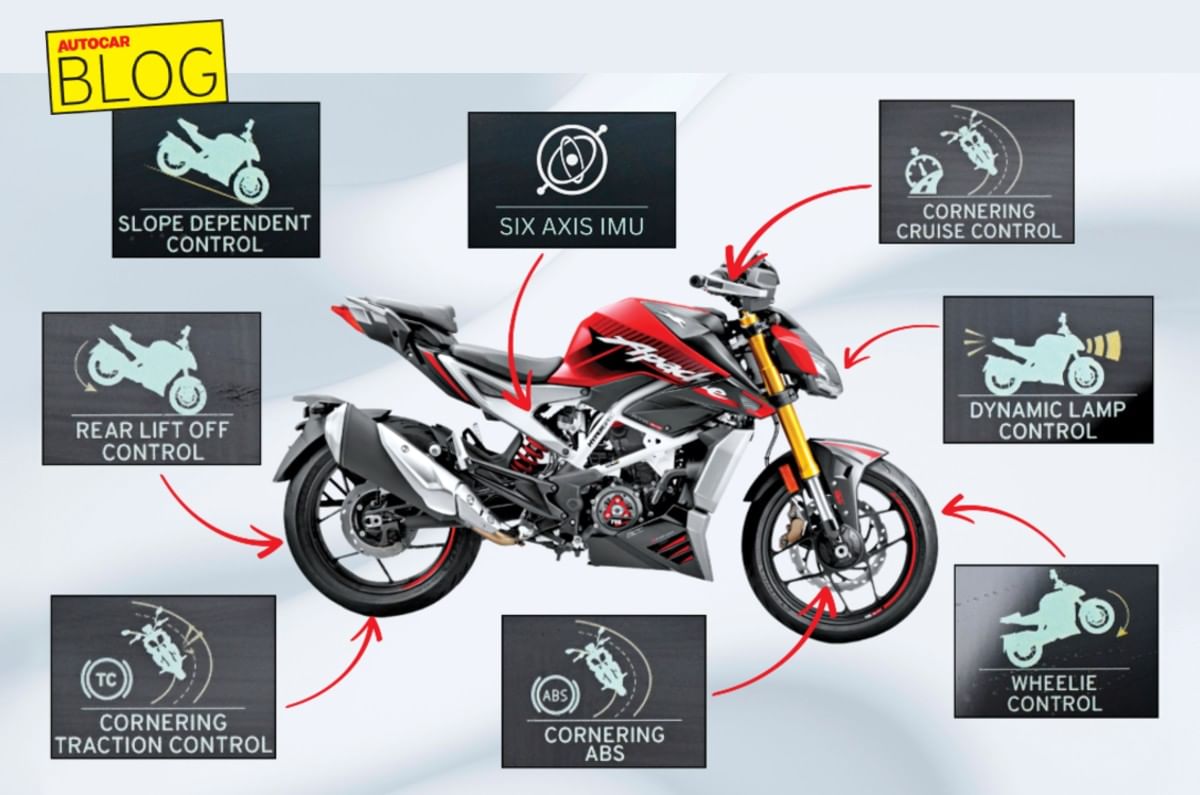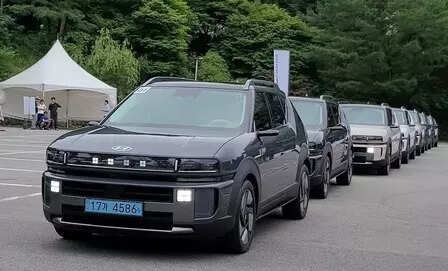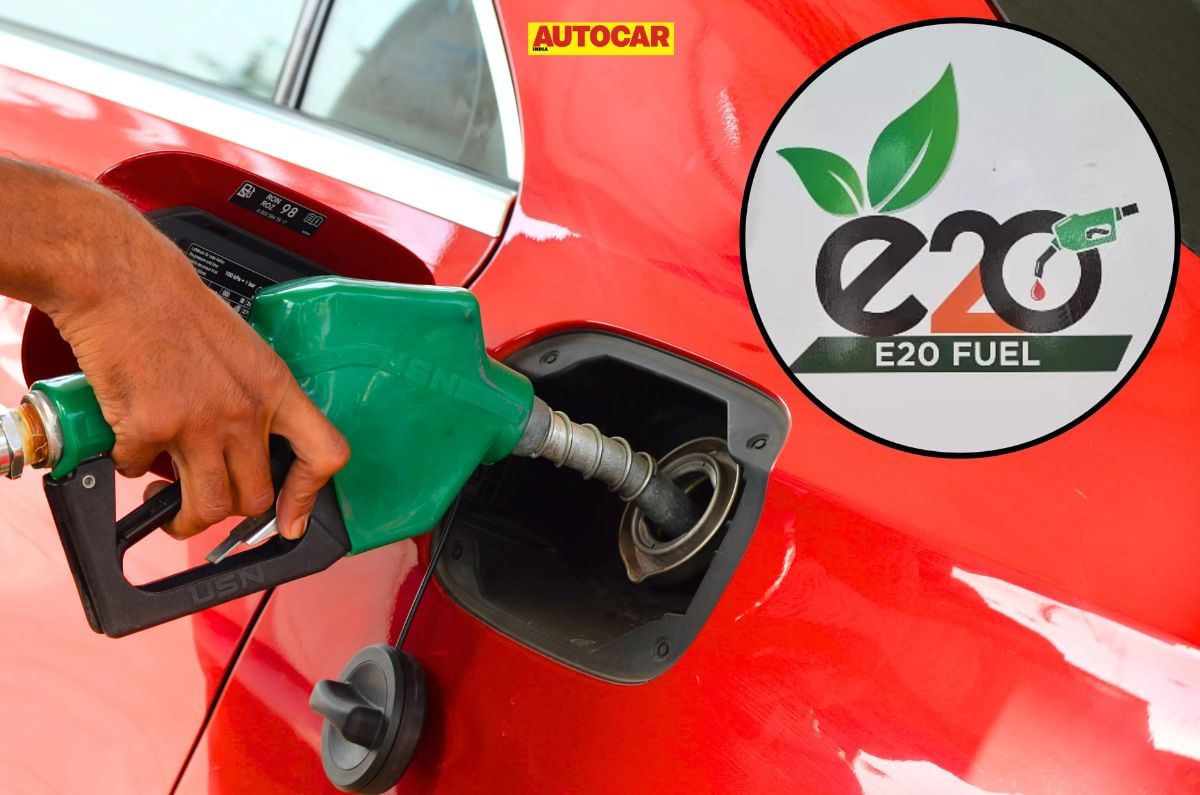
Ahead of the Supreme Court hearing on September 1st regarding a public interest litigation (PIL) on the E20 fuel policysenior leaders from auto component makers, oil companies, and testing agency ARAI came together on a panel earlier this week to try and address the confusion and fears about the usage of E20 blended fuel.
The focus was on addressing the consumers concerns like the drop in mileagedamage to components and warranty validity but it also delved on just why the country was shifting to a higher blend of ethanol in petrol supply. Panellists stated that about 70 percent of ethanol procurement value flows directly to farmers and P.S. Ravi, Director, Federation of Indian Petroleum Industry (FIPI) said that “In the last 3–4 years, about Rs 40,000 crore has been invested in new distilleries and indigenous equipment.” However, some queries were still unanswered or left ambiguous.
Warranty Impact of E20 fuel
Warranties will most likely stand honoured, but concerns remain for millions of older and out of production vehicles.
Prashant Kumar Banerjee, Chief Executive Director of the Society of Indian Automobile Manufacturers (SIAM), said that irrespective of what is stated in a vehicle’s user manual “there will not no warranty-related changes. Whatever warranty is committed by OEMs will be fully honored for E20 usage” also adding that insurance claims would remain unaffected.
We reached out to individual manufacturers to understand this and while some are yet to respond, most have either categorically stated that the warranty will remain intact or have alluded to this.
| E20 compliance and warranty | ||
|---|---|---|
| Manufacturer | Compliance | Warranty |
| Honda | All cars made in India since 1 Jan 2009 are E20 Material Compatible. Since Feb 2025 fully E20 compliant. | “No change in warranty applicability”. |
| Toyota | 1st April 2023 full E20 compliance. | Owner’s manual mandates E10, however Toyota says “this should not be interpreted that vehicles sold prior to 1st April 2023 can’t use E20 fuel”. |
| JLR | Have not specified | “Using E20 fuel in non-compliant cars won’t impact the warranty. Warranty remains valid for the agreed period.” |
| Renault | Have not specified | Based on ARAI study, Renault says “no serious challenges have been perceived in Renault cars plying on roads using E20 fuel in E10 compliant and tested vehicles”. |
| Volkswagen | April 2020 | “E20 fuel can be used in these vehicles without affecting durability.” |
| Skoda | April 2020 | “E20 fuel can be used in these vehicles without affecting durability.” |
The Automotive Research Association of India (ARAI) has conducted tests on two- and four-wheelers from 2005 to 2021 and says that it sees no significant impact of E20. However, details of the report have not been made public with the body claiming that the full report contains OEM-sensitive data held under non-disclosure agreements. This though only adds to doubts among consumers.
Impact on older vehicles remains ambiguous
Another area left in doubt is the impact of E20 fuel on older than 10 years. While officials said that there have been no failures of these vehicles there was no data shared on longer term component wear. There are still millions running on Indian roads, especially so 2-wheelers, it is estimated that there are 75-80 million pre BS4 motorcycles are still on roads, and for most owners these are their daily runners. Thus, a lack of clarity on E20 damage to these vehicles that are now out of warranty or even production remains a big worry.
Drop in mileage using E20
The drop in mileage with E20 is clear, however the degree is what disagreements linger over.
Mileage, a long-held concern among Indian motorists is a concern thanks to ethanol’s lower energy density; ethanol has about 24MJ/L while for petrol it is around 34MJ/L. Thus, a litre of E20 should hold an energy density of about 32 mega joules, roughly a 6 percent drop. This the government argues is a small drop and with the previous ethanol blend being 10 percent (E10), the actual drop in efficiency should only be about 2 percent. Still owners claim as much as a 20 percent reduction. These however are not validated with controlled parameters and thus the authorities are standing by their claim of a marginal drop.
Lower price for E20 fuel
However small the drop in efficiency, that it exists, should ideally warrant a reduction in the price of blended fuel. However, officials repeatedly pointed out to the bigger goal of the ethanol program; that being to lower India’s crude oil imports. Thus, implying we are unlikely to see a price reduction. The claim is also that sourcing ethanol is more expensive than crude oil. However, reports also state otherwise, indicating the claim isn’t as straightforward. Incidentally, in markets like Brazil and the US blended fuels are offered at lower retail prices.
Why no parallel supply of E10 and E20 fuel?
The biggest issue is not production but setting up parallel distribution and dispensing mechanisms.
As is the case in the aforementioned markets, supply of different blends of ethanol is not the case in India. The problems do not lie in production; that is essentially a simple downstream mix rather than a distillation differentiation. The issue rather lies in setting up parallel distribution and dispensing mechanisms. Most fuel pumps have just a single petrol bunk, the expenditure in building a parallel supply chain pan India does overweigh the challenges. “Once studies clearly showed that there would be no significant impact, and with ethanol availability ensured, we shifted to E20 as the single grade fuel, only in the last six to eight months,” said an IOCL official.
E20 communication transparency and frequency should improved
The conference did address a lot of issues like specifying the mileage drop and bringing to fore the fact that manufacturers will stand by valid warranties. However, it is clear that more needs to be done. What will happen to older engines? Who will be held liable in case of any vehicle damage? And ultimately, why can’t motorists also be incentivised to switch to ethanol blends? Addressing these issues rapidly and transparently will only help India’s ethanol journey especially so when higher blends like E27 are just around the corner.
Also See:










